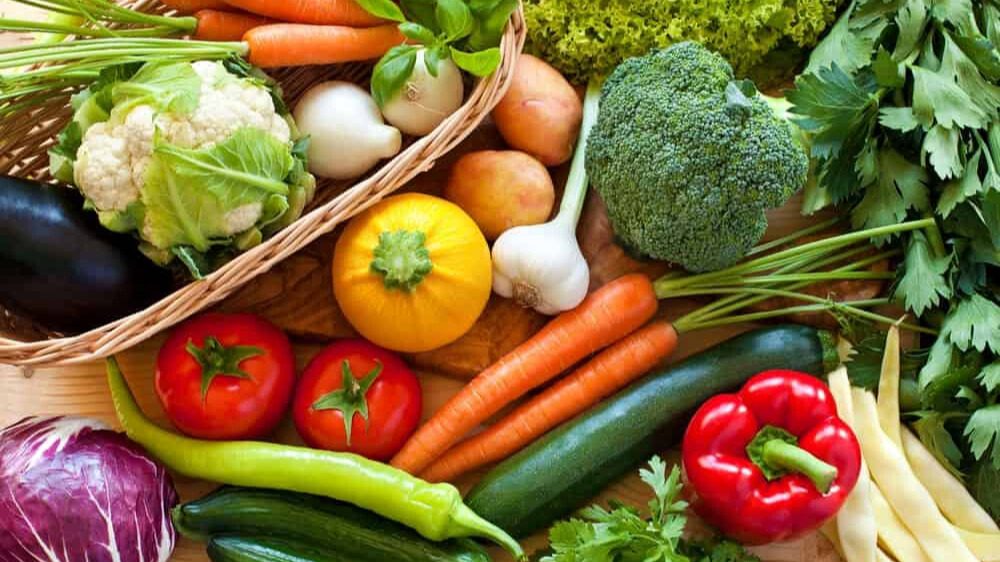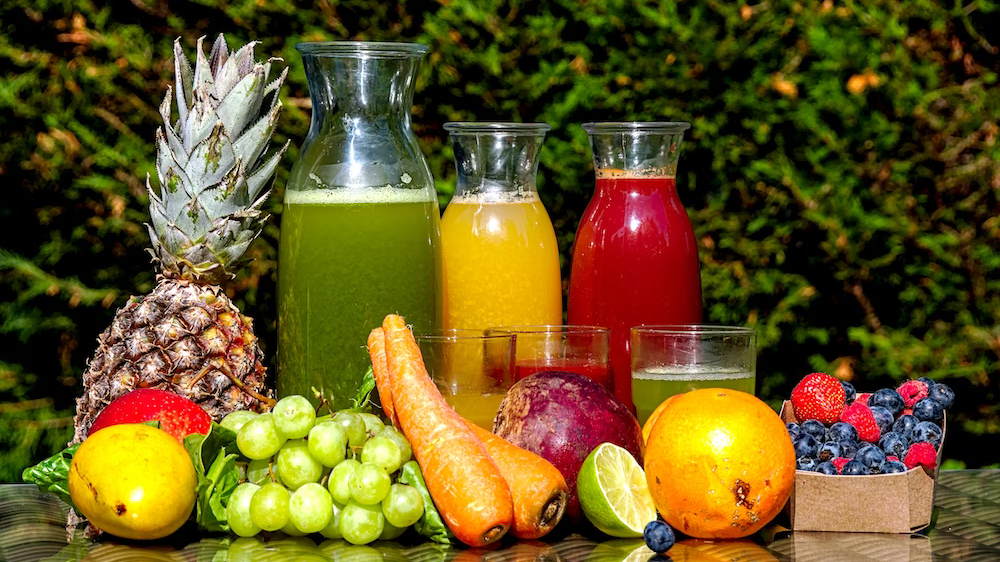Introduction:
Vegetables, with their vibrant colors and diverse textures, are not just a side dish; they are the unsung heroes that play a pivotal role in crafting a nutritious and balanced diet. In this blog, we’ll delve into the importance of vegetables in our daily meals, exploring their myriad health benefits, versatile culinary applications, and the positive impact they have on overall well-being.
Nutrient Powerhouses:
- Vegetables are rich in essential vitamins, minerals, and antioxidants, contributing to optimal health and supporting various bodily functions. Incorporating a variety of vegetables ensures a diverse range of nutrients for overall well-being.
Fiber for Digestive Health:
- High fiber content in vegetables promotes digestive health by aiding regular bowel movements, preventing constipation, and supporting a healthy gut microbiome.
Weight Management:
- Vegetables are low in calories and high in fiber, making them a perfect choice for those looking to manage their weight. Their filling nature helps control appetite and reduce the intake of higher-calorie foods.
Disease Prevention:
- Regular consumption of vegetables is associated with a reduced risk of chronic diseases such as heart disease, diabetes, and certain types of cancers. The antioxidants in vegetables help combat oxidative stress and inflammation.
Vitamins and Minerals:
- Vegetables are abundant sources of vitamins like A, C, and K, as well as minerals such as potassium, magnesium, and folate. These nutrients are crucial for maintaining healthy skin, bones, vision, and a robust immune system.
Hydration and Electrolyte Balance:
- Many vegetables, such as cucumbers and lettuce, have high water content, contributing to hydration. Additionally, they contain electrolytes like potassium, aiding in maintaining a proper fluid balance in the body.
Versatility in Culinary Creations:
- Vegetables add color, flavor, and texture to meals, enhancing the overall dining experience. From crunchy salads to hearty stir-fries, their versatility makes them a culinary delight.
Environmental Impact:
- Choosing vegetables over resource-intensive animal products can have a positive impact on the environment. The cultivation of vegetables generally requires fewer resources like water and land, making them a sustainable choice.
Diverse Phytonutrients:
- Phytonutrients, the natural compounds found in plants, have various health benefits. Vegetables contain a diverse array of phytonutrients with anti-inflammatory, antioxidant, and immune-boosting properties.
Conclusion:
Incorporating a colorful array of vegetables into our daily meals is not just a matter of culinary preference; it is a cornerstone of a healthy and vibrant life. From supporting our immune system to preventing chronic diseases and adding an explosion of flavor to our plates, vegetables are the essential ingredients that contribute to our overall well-being. So, let’s celebrate the green revolution and embrace the importance of vegetables in every bite, cultivating a healthier and more sustainable future.



